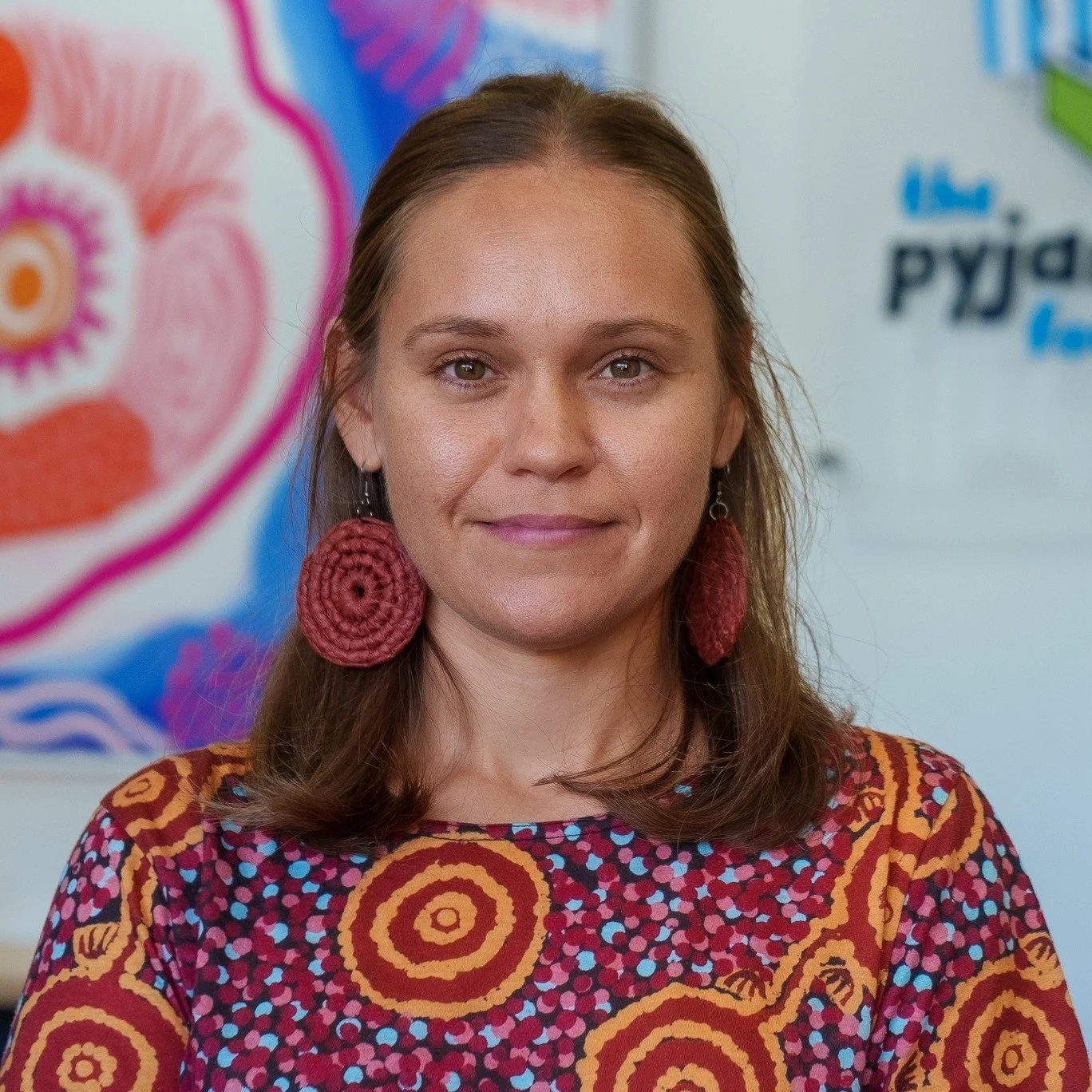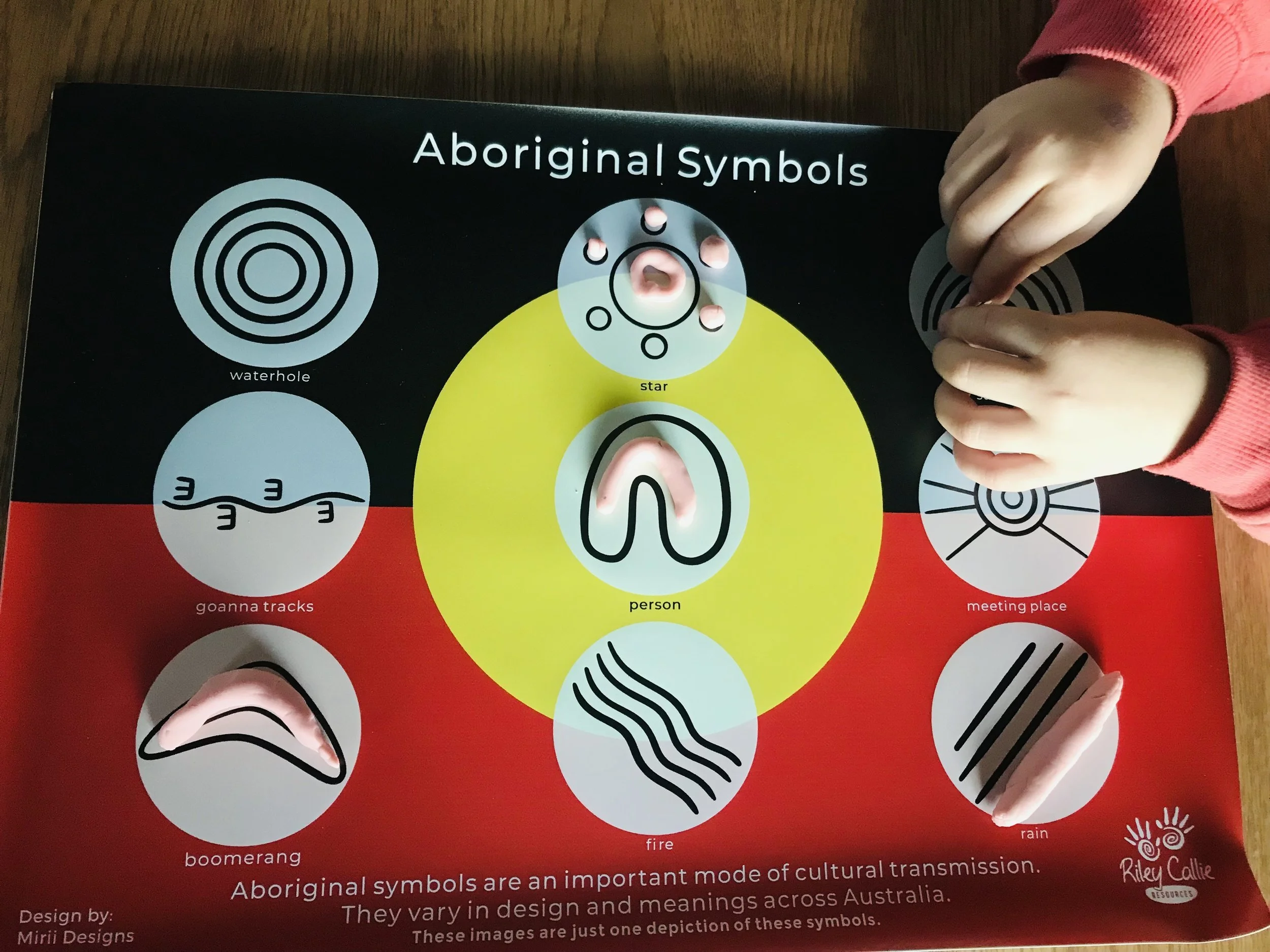About Riley Callie Resources
Our Why
Riley Callie Resources came about from our desire to introduce young children to a fun and engaging way of learning Science, Technology, Engineering and Mathematics (STEM) which incorporates Indigenous thinking and contexts. We firmly believe that STEM provides an ideal platform for educators to introduce children to the rich depth of knowledge and unique perspectives that Indigenous Australia has to offer.
We are also passionate about providing educators with authentic Indigenous resources which make it easy to bring Indigenous perspectives into their classrooms. We want to see the rich depth of knowledge held by Indigenous Australia shared with all children and youth in Australia.
As educators, finding ways to celebrate the diversity of Aboriginal and Torres Strait Islander cultures in our learning environments in culturally respectfully ways can sometimes be a difficult space to navigate. Educators may feel the pressure of ‘getting it wrong’ or of being accused of being ‘tokenistic’ in their efforts.
What is needed to address this fear and anxiety which sometimes surrounds Indigenous perspectives is support for and education of, our educators. We need to equip educators with the knowledge and confidence to engage authentically with Indigenous culture in their classrooms, and to communicate Indigenous content appropriately to their students. This is why we have carefully curated a huge collection of authentic Indigenous resources, where educators and teachers can feel confident in what they are buying.
Deborah Hoger
Dunghutti Mother and Business Owner
The founder of Riley Callie is Deborah Hoger, a Dunghutti woman with an Anthropology background, and a Mum of two beautiful young children. She feels there is a great need to ensure that Indigenous culture is taught and learnt about all throughout a child's education, but especially in the early years, as these are the foundational years which set the scene for a child's future learning as a student.
Our Vision
Our culture as Aboriginal Australians, is the oldest in the world, the longest living culture on the planet, and as such, deserves a central place in the teaching of our young children. However, for schools to include Indigenous learnings into their curriculums in a respectful and appropriate way, meaningful engagement with Aboriginal and Torres Strait Islander people, communities, and businesses is absolutely necessary. We want to see all educators across the country engaging with community, learning about their local First Nations culture, and bringing these perspectives back into their classroom through the inclusion of authentic resources which celebrate and showcase Indigenous Australia.
We want to see schools sustaining the focus on Indigenous Australia throughout the year through activities and excursions, and new books and activities that engage across a range of diverse topics. This will help foster in our children a well-rounded knowledge of Australia’s First Peoples, and help them to develop a respect for diversity and an understanding and appreciation of cultural difference.
Our Impact
Cultural appropriation is when a dominant culture takes something from another culture that is experiencing oppression. In Australia, it usually refers to when a non-Indigenous person/organisation/group/business takes an element of Aboriginal or Torres Strait Islander culture and uses it without permission, cultural respect or any form of reciprocity or payment.
In the education context, this issue becomes applicable to us we are purchasing Indigenous resources to be used in our classrooms. We should be asking ourselves whether these resources are Indigenous-made, or created in partnership or under the guidance of Indigenous people.
Something we are passionate about, is supporting other Indigenous businesses in our supply chain.
Growing the Indigenous business sector has the potential to significantly assist Indigenous communities in breaking complex cycles of intergenerational disadvantage, economically empowering individuals, families and communities.
We are always actively seeking out new resources that are created by or in partnership with Indigenous businesses.



